The consumer may be all the U.S. economy has going for it
The September jobs report released last week served as an important milestone for the U.S. economy. We have now had 72 consecutive months where the U.S. economy has added jobs. In this time, more than 14 million jobs have been added – the equivalent of 200,000 jobs a month for six years. By all accounts, this suggests that the U.S. economy should be firing on all cylinders.
A Case Study On: Politics & Investments
Usually politics grabs the news headlines but does not have much effect on investments. Profit margin cycles and the direction of interest rates evolve gradually over decades and are the real long term drivers of investment returns, unless you experience a dramatic and sustained political interference. So while US politics dominates our news cycle and we would argue that the current US election would have some negative consequences from either candidate, it is important to look beyond this noise and fully grasp how intrusive and stifling domestic politics has become.
A Case Study On: Bryden’s trip to Omaha
The annual proxy season can be a tedious time for money managers as public companies send out their annual reports and proxy materials. Tedious as it is, proxy season is an important time of year, when shareholders are given the opportunity to vote for board members, management compensation, as well as other corporate matters. However, aside from the occasional contentious vote, usually the general consensus towards proxy season amongst investment managers is a collective yawn.
A Case Study On: Higher Taxes
Tax rates are going up in Canada for the wealthy and the moderately wealthy. This has a significant impact on after-tax investment return when Avenue does retirement projections for many of our clients. It is an obvious statement but one we haven’t had to formally address because for the most part the previous federal conservative government had spent the last ten years lowering various tax rates. This is important because we need to make sure we use realistic expectations for planning retirement income.
A Case Study On: A Liquidity Crisis
A very real challenge we face is a lack of liquidity in both the bond and stock market for smaller investments. We see three reasons for this liquidity crisis; two are global issues and one is unique to Canada.
